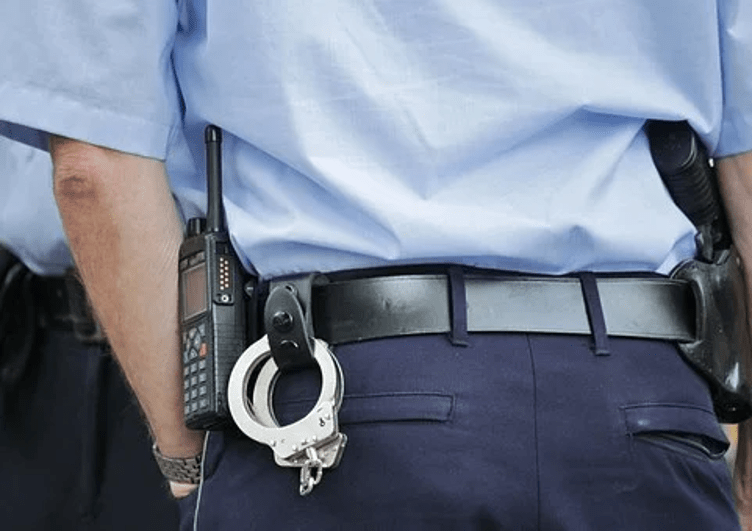
There are different situations that may have you facing a police officer that wants to question you. Some are more expected than others, such as when you are in a car accident and there is a police officer at the scene. Others may be more surprising such as when you are home or at a public place and a police officer arrives and wants to ask you questions. This is because the law authorizes them to carry out certain actions in order to be able to properly perform their duty.
Do I have to answer any questions?
The short answer is no. Everybody is protected under the constitutional right to remain silent. Even in situations where you might not be sure if you are free to walk away from the officer that is questioning you, you cannot be punished for refusing to answer. Only a judge can order you to answer any question.
Is this true in every situation or are there exceptions?
There are generally two exceptions. The first one refers to when a police officer asks for your name. You must provide it to identify yourself. The second one applies when a police officer pulls you over for a traffic violation and asks for your driver’s license, proof of insurance, and vehicle registration. Although you must show them, you do not have to answer any more questions.
Do you have the opportunity to talk to a lawyer before answering any questions?
Yes, you do. Even if the police officer has not told you about your right to talk to a lawyer, you are always free to say that you want to talk to one. As soon as you let the police officer know that you want to talk to a lawyer, all questions should stop. Get the information on the police officer and provide it to your lawyer once you have one.
What happens if I do answer questions before remembering that I may remain silent?
As you have probably heard countless times, anything you have said can and will be used against you. Remember that although you do have the right to remain silent, you should never lie to a police officer. You can always request to talk to a lawyer before continuing.
Can a police officer threaten me with a subpoena if I refuse to answer their questions?
You still have the right to remain silent until the subpoena is presented to you. The officer may or may not end up getting a subpoena and it is not until you receive it that you must follow its direction about your date in court. However, at all times you may still affirm that you want to talk to a lawyer and refuse to answer any more until you do. Remember at all times that anything you say can and will be used against you in a criminal case.
There is a big difference between answering questions from a police officer because you were stopped and because you were arrested. A Fort Walton Beach criminal defense attorney is armed with the knowledge and expertise you need to understand these differences and help you prepare your case in a thorough and professional manner. Don’t wait and set up an appointment today.



